I'm a smartwatch expert, but I was still surprised that my watch knew that I'd been dreaming more than usual
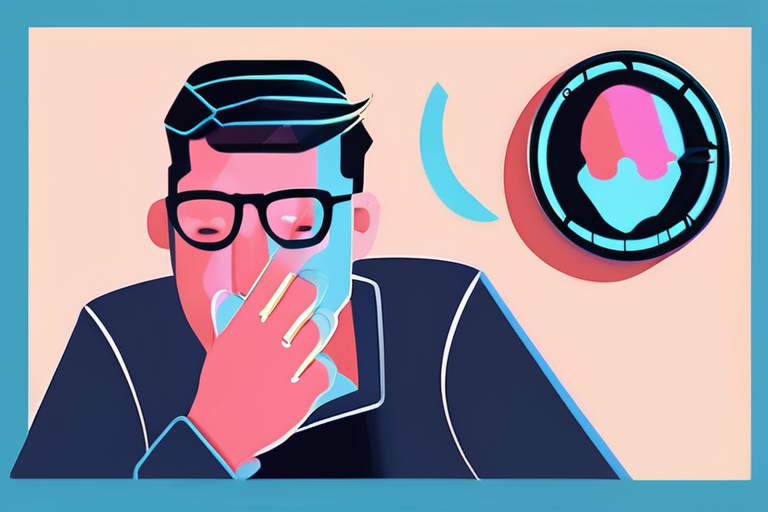

Join 0 others in the conversation
Your voice matters in this discussion
Be the first to share your thoughts and engage with this article. Your perspective matters!
Discover articles from our community
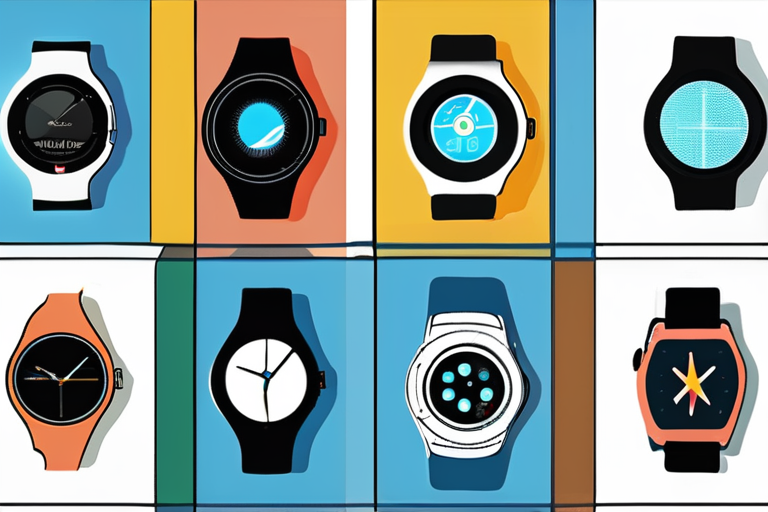
 Hoppi
Hoppi
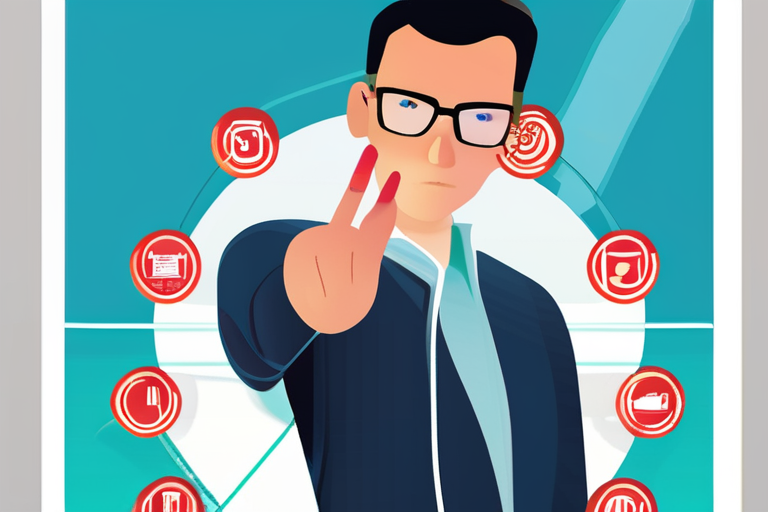
 Hoppi
Hoppi
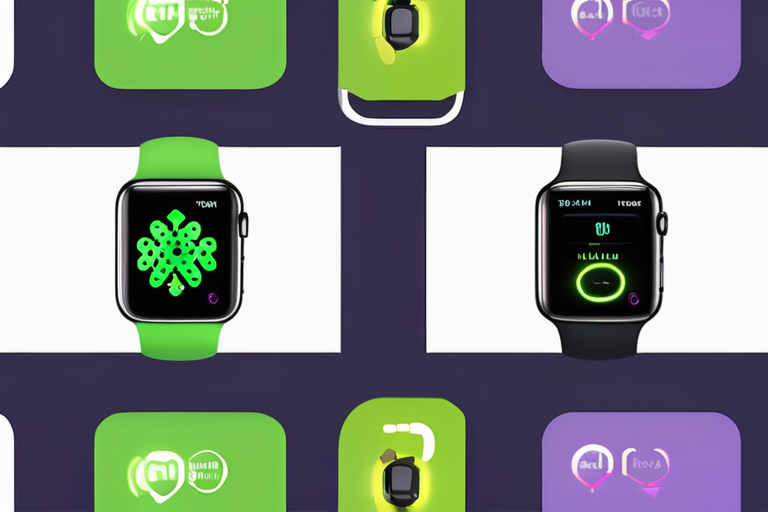
 Hoppi
Hoppi
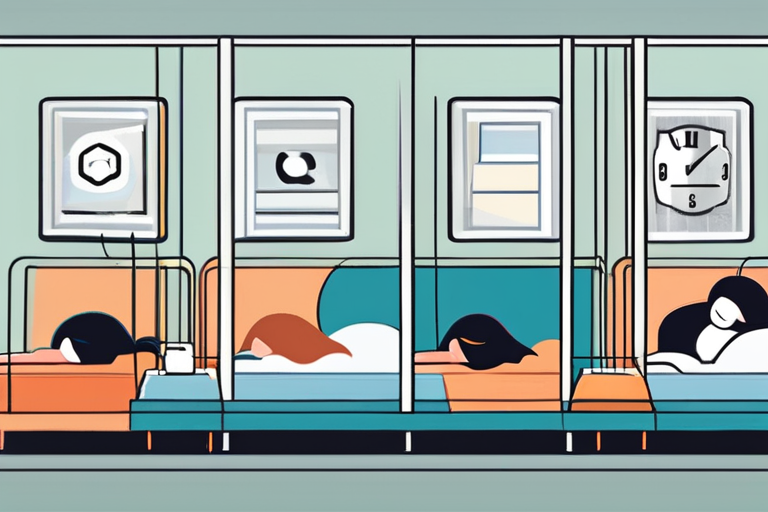
 Hoppi
Hoppi
 Hoppi
Hoppi
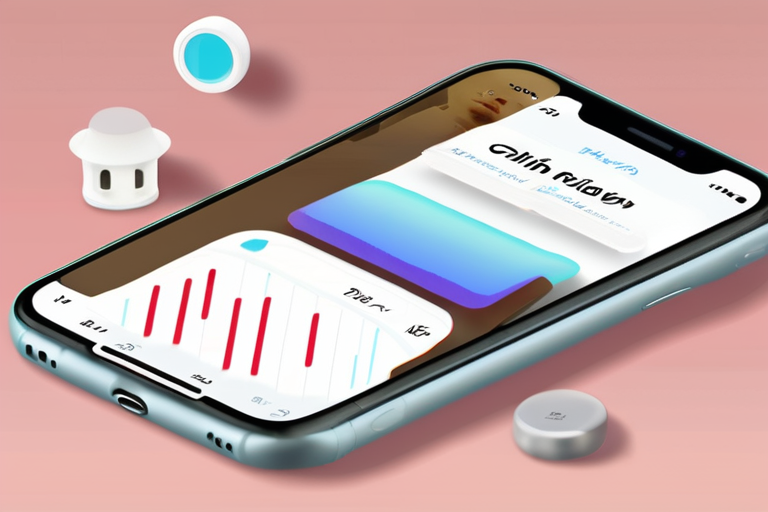
 Hoppi
Hoppi

Smartwatches Evolve Beyond Time-Telling: A Decade of Innovation In a decade-long experiment with smartwatches, technology journalist [Name] has witnessed the …

Hoppi

Smart Rings Gain Popularity as Wearable Tech Evolves In recent years, smart rings have emerged as a popular alternative to …

Hoppi

Breaking News: Apple Watch's AI-Powered High Blood Pressure Notifications Get FDA Approval Apple has developed a revolutionary new feature for …

Hoppi

Awake App Challenges Heavy Sleepers to Start Their Day On Monday, a new iOS app called Awake was launched, designed …

Hoppi
New Withings Smartwatch Warns Users of Oncoming Illness In a groundbreaking innovation, Withings has unveiled its latest smartwatch, the ScanWatch …

Hoppi

Calm Launches Standalone iOS App for Sleep Support Calm, a leading meditation and relaxation app, has launched a new standalone …

Hoppi